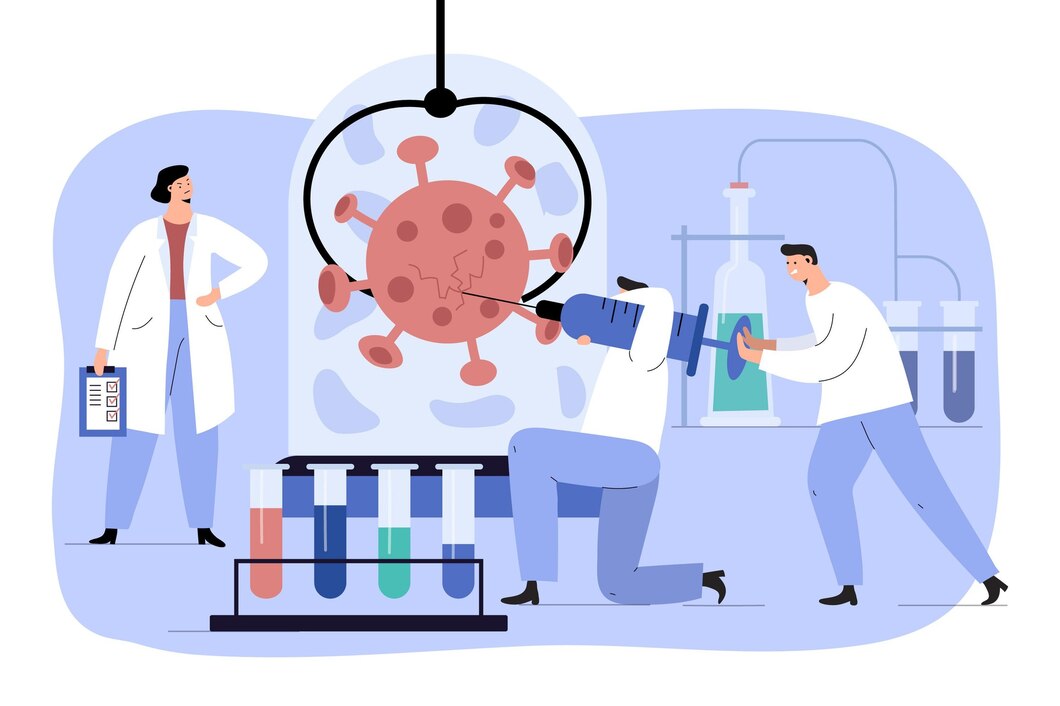Immunotherapy has revolutionized the landscape of cancer treatment, offering hope for patients with various types of cancer. By harnessing the power of the immune system, immunotherapy aims to target and destroy cancer cells more effectively. This article delves into the recent advancements in immunotherapy, highlighting the key innovations and their impact on cancer treatment.
Understanding Immunotherapy
1. Checkpoint Inhibitors:
-
Checkpoint inhibitors are a class of drugs that block proteins used by cancer cells to evade the immune system. These proteins, such as PD-1, PD-L1, and CTLA-4, act as brakes on the immune response. Inhibiting these checkpoints allows immune cells to recognize and attack cancer cells more efficiently. Key drugs in this category include pembrolizumab, nivolumab, and ipilimumab.
2. CAR-T Cell Therapy:
-
Chimeric Antigen Receptor T-cell (CAR-T) therapy involves genetically modifying a patient's T cells to express receptors that target cancer cells. These engineered T cells are then infused back into the patient, where they seek out and destroy cancer cells. CAR-T therapy has shown remarkable success in treating certain blood cancers, such as leukemia and lymphoma.
3. Cancer Vaccines:
-
Cancer vaccines are designed to stimulate the immune system to recognize and attack cancer cells. Unlike traditional vaccines that prevent infections, cancer vaccines are therapeutic, aiming to treat existing cancers. Examples include the HPV vaccine, which prevents cervical cancer, and ongoing research into personalized cancer vaccines targeting specific tumor antigens.
4. Combination Therapies:
-
Combining immunotherapy with other treatments, such as chemotherapy, radiation, or targeted therapies, can enhance its effectiveness. Combination therapies aim to create a more robust and sustained immune response against cancer cells. For instance, combining checkpoint inhibitors with chemotherapy has shown improved outcomes in various cancers, including lung and bladder cancer.
Recent Advancements
1. Bispecific Antibodies:
-
Bispecific antibodies are engineered proteins that can simultaneously bind to two different targets, such as a cancer cell and an immune cell. This dual targeting can bring immune cells directly to the cancer cells, enhancing the immune response. Blinatumomab, used in treating acute lymphoblastic leukemia, is an example of a bispecific antibody.
2. Oncolytic Viruses:
-
Oncolytic viruses are viruses that selectively infect and kill cancer cells. These viruses can also stimulate an immune response against the tumor. Talimogene laherparepvec (T-VEC), an engineered herpes simplex virus, is approved for treating melanoma and represents a promising approach in oncolytic virotherapy.
3. Personalized Immunotherapy:
-
Advances in genomics and biotechnology have paved the way for personalized immunotherapy, where treatments are tailored to an individual's unique genetic makeup and tumor profile. This approach aims to maximize efficacy while minimizing side effects. Personalized cancer vaccines and neoantigen-targeting therapies are at the forefront of this innovation.
4. Microbiome Influence:
-
Emerging research suggests that the gut microbiome may influence the effectiveness of immunotherapy. Certain gut bacteria can enhance the body's immune response to cancer. Understanding this relationship could lead to new strategies for boosting immunotherapy outcomes through dietary modifications or probiotics.
Impact on Cancer Treatment
1. Improved Survival Rates:
-
Immunotherapy has significantly improved survival rates for patients with various cancers, including melanoma, non-small cell lung cancer, and certain types of lymphoma. Some patients experience long-term remission, highlighting the potential for durable responses.
2. Reduced Side Effects:
-
Compared to traditional chemotherapy and radiation, immunotherapy often has a more favorable side effect profile. This can improve the quality of life for patients during treatment.
3. Expanded Indications:
-
Ongoing research and clinical trials are expanding the indications for immunotherapy, making it a viable option for more cancer types. As understanding of the immune system and cancer biology grows, new targets and therapies continue to emerge.
4. Challenges and Future Directions:
-
Despite its promise, immunotherapy is not effective for all patients, and some cancers remain resistant. Research is focused on understanding the mechanisms of resistance and finding ways to overcome them. Future advancements may include novel combination strategies, new immune targets, and improved biomarkers for predicting response to therapy.
Immunotherapy represents a paradigm shift in cancer treatment, offering new hope for patients with previously untreatable cancers. The rapid advancements in this field, from checkpoint inhibitors to personalized therapies, highlight the potential for more effective and less toxic cancer treatments. Continued research and innovation will undoubtedly further enhance the role of immunotherapy in the fight against cancer.




